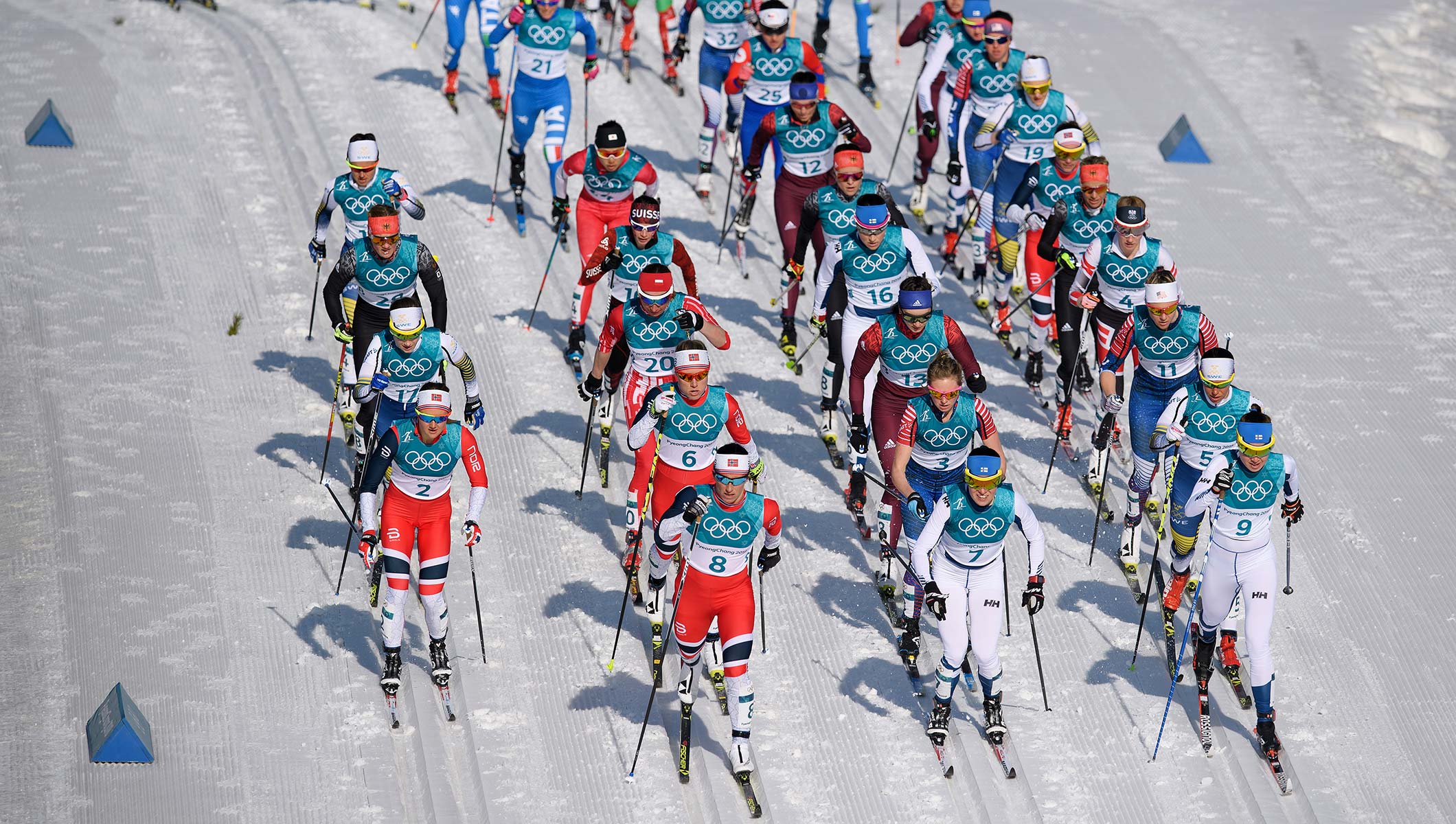IOC takes leadership role in the UN Sports for Climate Action Initiative

As world leaders at the UN Climate Change Summit in Poland (COP24) prepare to implement the Paris Agreement to limit the rise of global temperatures to 1.5°C above pre-industrial levels, the International Olympic Committee (IOC) has taken on a leadership role in the new UN Sports for Climate Action Initiative, which aims to drive climate action across the sports community.
The Initiative was launched today by the United Nations Framework Convention on Climate Change (UNFCCC), in partnership with the IOC, at a High-Level Event of the Summit. It aims to set the course for the sports world to address climate change through concrete commitments and partnerships, while applying verified standards to measure, reduce and report greenhouse gas emissions – in line with the Paris Agreement.
“Addressing climate change is everyone’s responsibility, and the IOC treats it very seriously – as an organisation, as the owner of the Olympic Games and as the leader of the Olympic Movement,” said IOC President Thomas Bach. “Sport is about action, and today the world needs urgent action to limit the rise of global temperatures. The Olympic Movement and the sports community at large are committed to making their contribution to the Sports for Climate Action Initiative.”
Sport is already being heavily impacted by climate change. Unreliable snow and warm winters are threatening winter sports, and rising summer temperatures and unpredictable weather patterns are increasingly challenging for summer sports athletes, event organisers and spectators.
The Sports for Climate Action Framework calls on the sports world – including sports federations, leagues and clubs – to jointly develop a climate action agenda for sport, adhering to five principles: promoting greater environmental responsibility, reducing overall climate impact, educating for climate action, promoting sustainable and responsible consumption, and advocating for climate action through communication. The Initiative also aims to use sport to drive global climate awareness and action.
As part of its leadership role, the IOC will support the signatories in understanding and implementing the guiding principles of the Initiative. To support the Framework, the IOC released two practical guides today: “Carbon Footprint Methodology for the Olympic Games and Paralympic Games”, which provides detailed guidance to the Organising Committees on how to measure the carbon footprint of the Olympic and Paralympic Games; and “Sports for Climate Action”, published in collaboration with the UNFCCC, which aims to provide the Olympic Movement at large with a general understanding of the issues related to climate change and managing carbon emissions.
As owner of the Olympic Games, the IOC now requests the Organising Committees for the Olympic Games to develop carbon-management plans, including action to promote low-carbon solutions and compensate greenhouse gas emissions. As an organisation, the IOC has put in place carbon-reduction measures and is compensating its residual emissions thanks to its Official Carbon Partner, Dow. As the leader of the Olympic Movement, the IOC is also providing one-on-one guidance and support on climate-related issues to International Sports Federations and National Olympic Committees.
The UN Climate Change Summit (COP24) is taking place from 2 to 14 December in Katowice, Poland. During the Summit, countries are expected to finalise the Paris Agreement Work Programme, which is needed to implement the Paris Agreement and limit the rise of global temperatures to 1.5°C.













